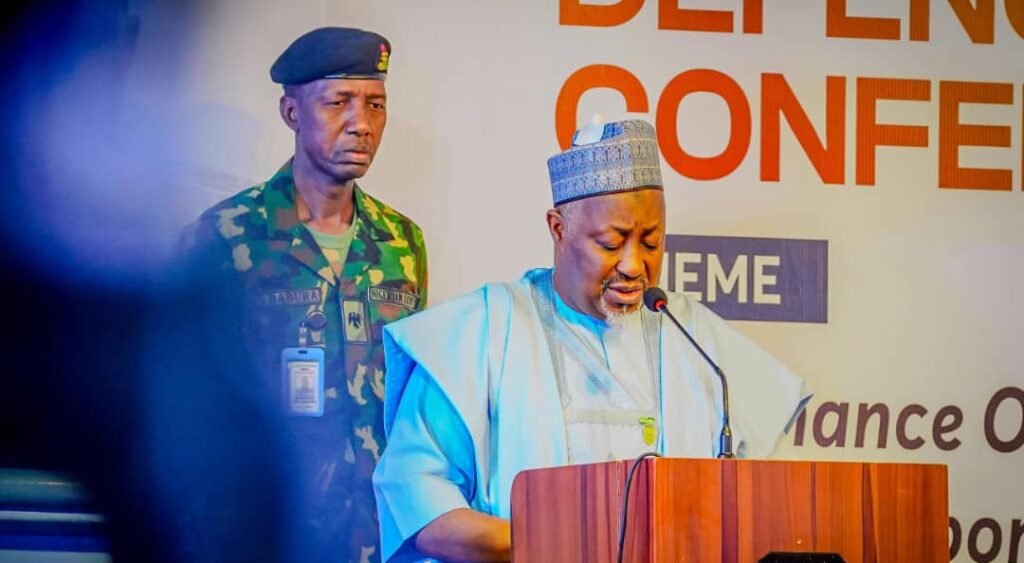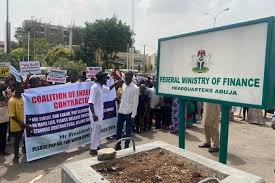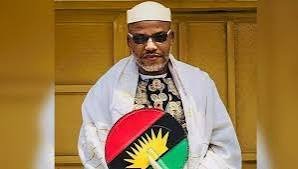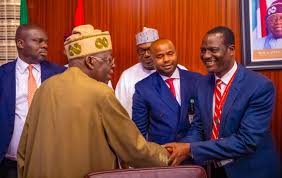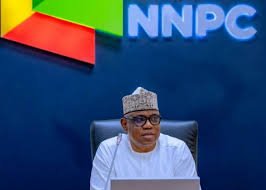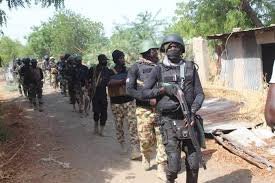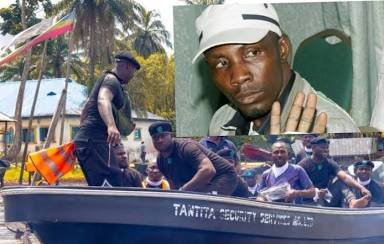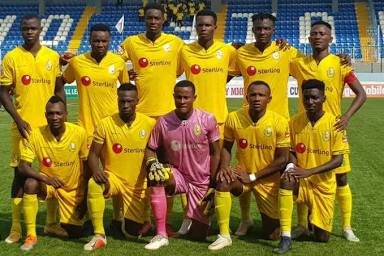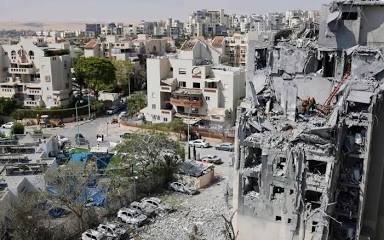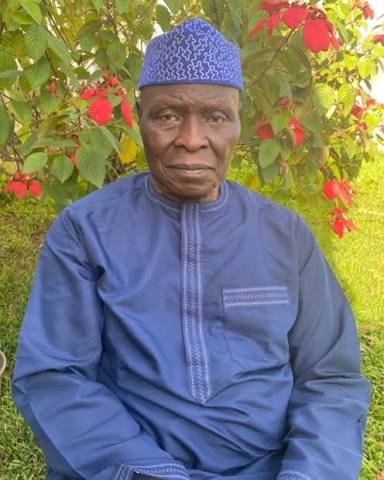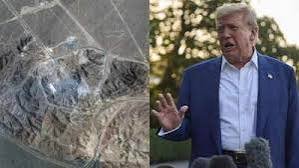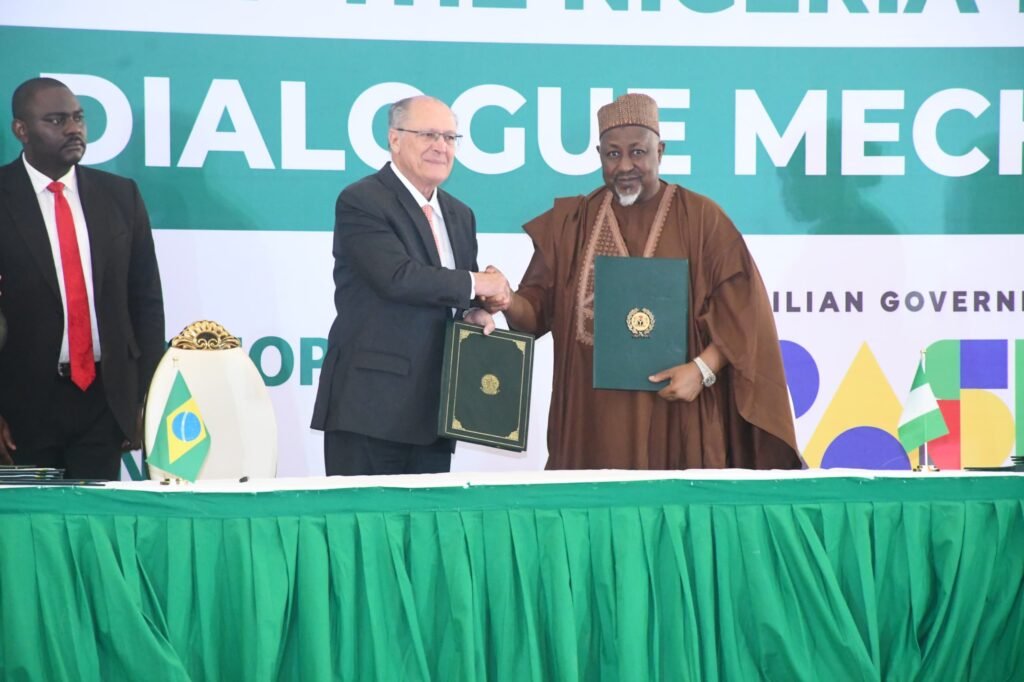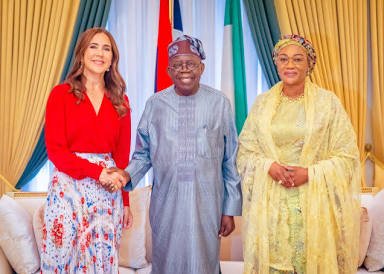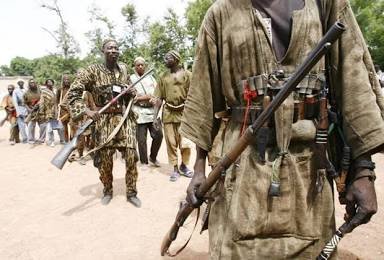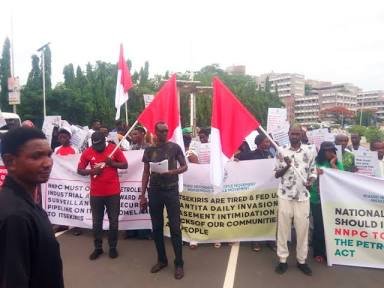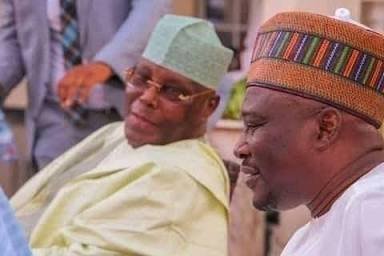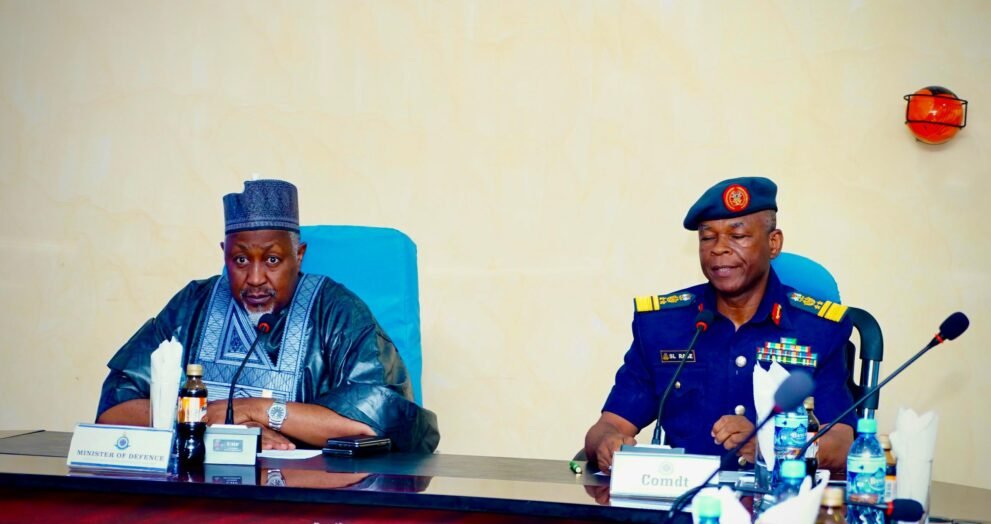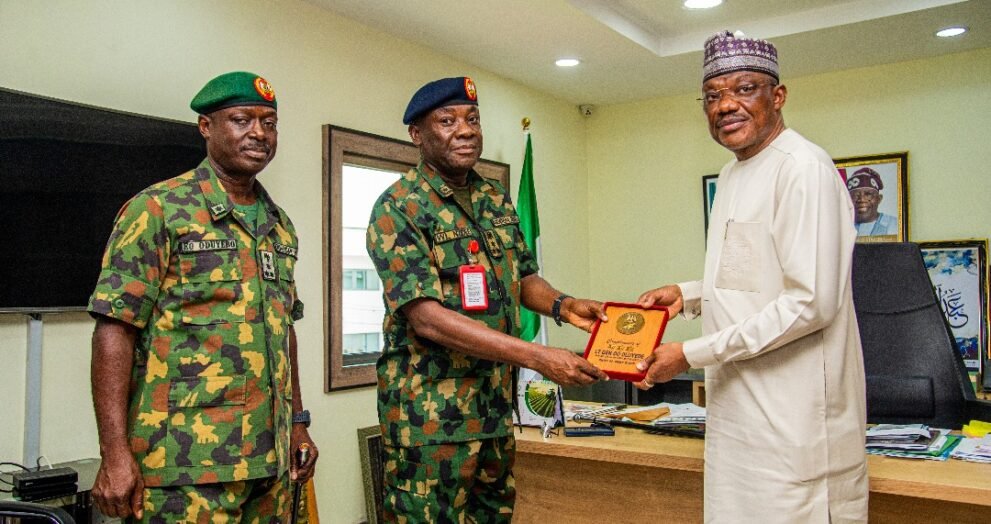NIGERIA NEEDS SEASONED SENIOR-LEVEL SECURITY PROFESSIONAL IN GOVERNMENT – GROUP CAPTAIN GARBA SHEHU
Nigeria’s security landscape demands a seasoned senior-level security professional with military or police background in cabinet or senior advisory roles, according to Group Captain Sadeeq Garba Shehu (rtd), a Security Sector Reform Consultant. With over 15 years of battling insurgency, terrorism, banditry, kidnapping, and communal violence, Nigeria lacks a seasoned security expert in high-level national security leadership. President Bola Ahmed Tinubu and relevant ministers have no security or military backgrounds, and there are only two senior retired military officers in the Legislature. Shehu argues that a retired senior officer with real command experience would bring valuable assets to security policymaking, including a deep understanding of security architecture, institutional memory, strategic thinking, credibility, and respect within the ranks of serving officers. Global precedents support this approach, with countries like the United States, Israel, and South Africa appointing experienced military or police leaders to key positions during intense security threats. Nigeria’s unique imperative, being a country at war within its borders, necessitates rational governance with informed, field-tested judgment. Shehu emphasizes that excluding seasoned veterans from decision-making risks policies that sound good on paper but fail in execution, leading to further disconnect between government intentions and frontline realities. Appointing a truly seasoned senior-level retired officer would inject informed pragmatism into security policymaking. However, potential risks include legacy mindsets, overemphasis on kinetic solutions, political capture, and civil-military power balance issues. To mitigate these risks, the selection and appointment process should be merit-based, balanced with civilian voices, and focused on reform, coordination, and foresight. In conclusion, including retired, apolitical, and seasoned military or police officers in senior cabinet or advisory roles can add depth, realism, and credibility to security policymaking, making it a desirable move for Nigeria’s security challenges.


